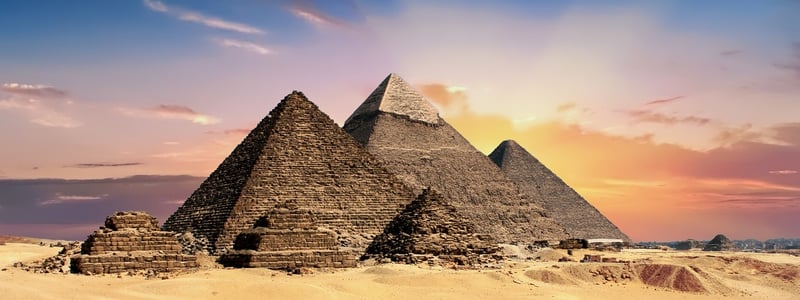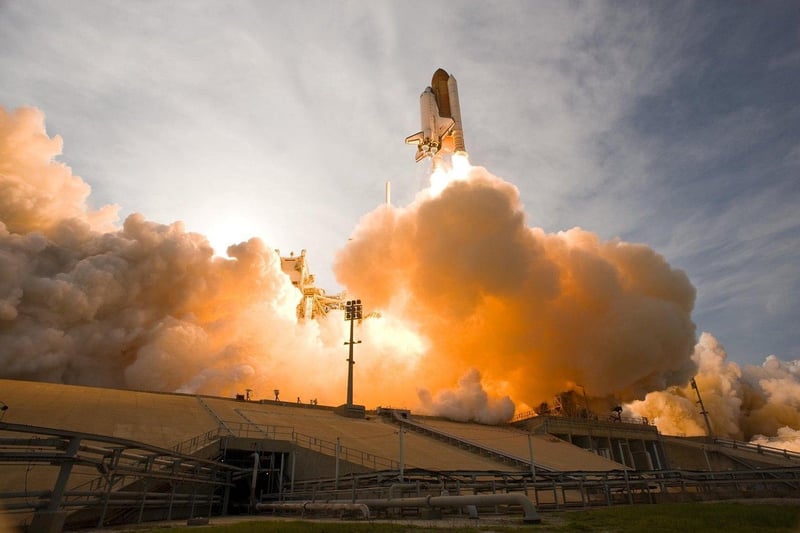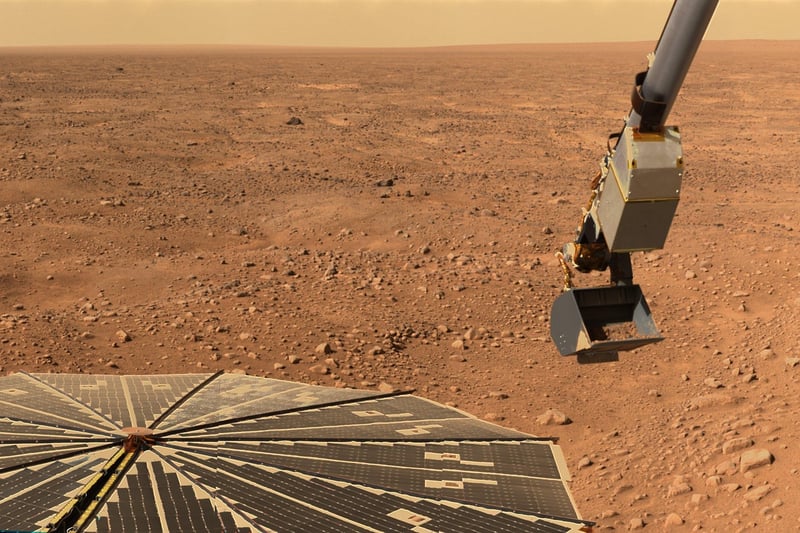Future Exploration
Exploring Different Eras: From Past to Future
Introduction
Humanity's quest for exploration has been a defining characteristic throughout history. From ancient civilizations to the modern era, the desire to discover and understand the world around us has shaped our society. Let's journey through different eras of exploration and look ahead to the future of exploration.
Ancient Exploration
Ancient civilizations like the Egyptians, Greeks, and Romans were early pioneers of exploration. They traveled by land and sea, expanding their territories and trading goods with distant lands. The exploration during this era laid the foundation for future discoveries.

Age of Discovery
The Age of Discovery in the 15th to 17th centuries marked a significant period of exploration. Explorers like Christopher Columbus, Vasco da Gama, and Ferdinand Magellan set out to discover new trade routes, leading to the exploration and colonization of new continents.

Modern Exploration
The modern era brought about exploration beyond Earth. The Space Age saw humans landing on the moon, space probes exploring distant planets, and the International Space Station orbiting our planet. Technological advancements have enabled us to explore the cosmos like never before.

Future Exploration
Looking ahead, the future of exploration holds exciting possibilities. Space agencies are planning manned missions to Mars, while private companies are investing in space tourism. Advancements in robotics and artificial intelligence are also paving the way for autonomous exploration of distant worlds.

Conclusion
Exploration has been a driving force in human history, shaping our understanding of the world and beyond. As we continue to push the boundaries of exploration, we open up new frontiers of knowledge and discovery. The journey from past eras to future exploration is a testament to human curiosity and ingenuity.
Let's keep exploring, discovering, and venturing into the unknown, for that is where the true essence of exploration lies.
